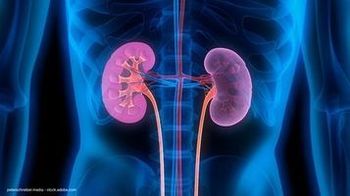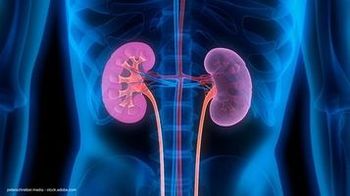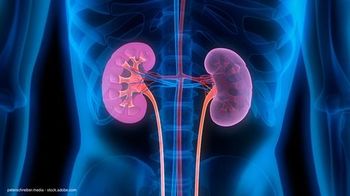
New technology picks up undetectable PSA levels
Using an extremely sensitive tool based on nanotechnology, researchers from Northwestern University, Chicago say they have detected previously undetectable levels of PSA in patients who have undergone radical prostatectomy.
Using an extremely sensitive tool based on nanotechnology, researchers from Northwestern University, Chicago say they have detected previously undetectable levels of PSA in patients who have undergone radical prostatectomy.
The team found measureable PSA levels in each postoperative patient in its study, using the nanoparticle-based bio-barcode assay. The technology is 300 times more sensitive than commercially available PSA tests, according to the researchers.
"We have defined a new zero for PSA," said senior author Chad A. Mirkin, PhD. "This level of sensitivity in detecting low concentrations of PSA will take the blinders off the medical community, especially when it comes to tracking residual disease."
"This new PSA assay may alter the management of patients who have been treated with surgery for prostate cancer," added William J. Catalona, MD, also of Northwestern, who was not involved in the study. "Because the ‘nano-PSA assay’ is more sensitive than the current commercially available PSA tests, it may allow physicians to target adjuvant radiation for patients destined to have a life-threatening tumor recurrence."
The study, which was published online in the Proceedings of the National Academy of Sciences (Oct. 19, 2009), is an early indicator of how nanotechnology can be used to improve medical diagnostics and early cancer detection. Patients with detectable but non-rising PSA levels could be reassured that their cancer will not recur. In patients with increasing levels of PSA, detected before conventional tools are able, physicians could diagnose recurrence and intervene accordingly.
"The first route to a new therapeutic is a good diagnostic tool, and that’s what we have here," Dr. Mirkin said. "This bio-barcode assay, or a variant of it, could be a commercial tool in as little as 18 months."
The Northwestern team is now conducting a similar retrospective study of 260 patients and eventually plans to perform a large prospective study.
Newsletter
Stay current with the latest urology news and practice-changing insights — sign up now for the essential updates every urologist needs.





